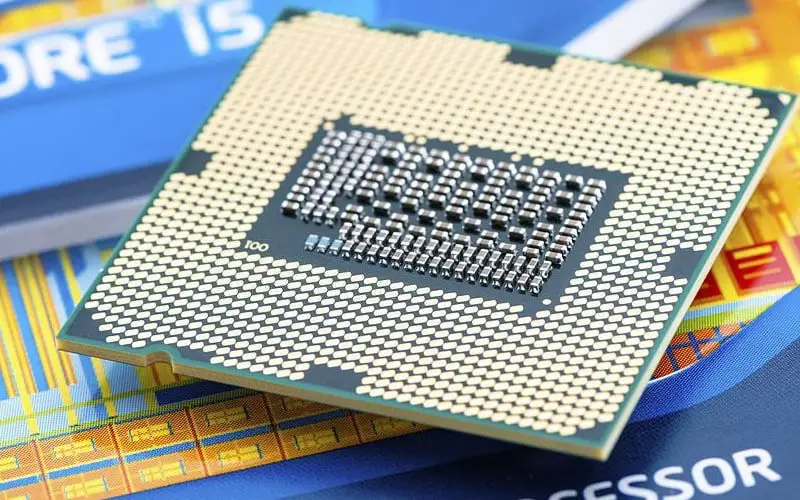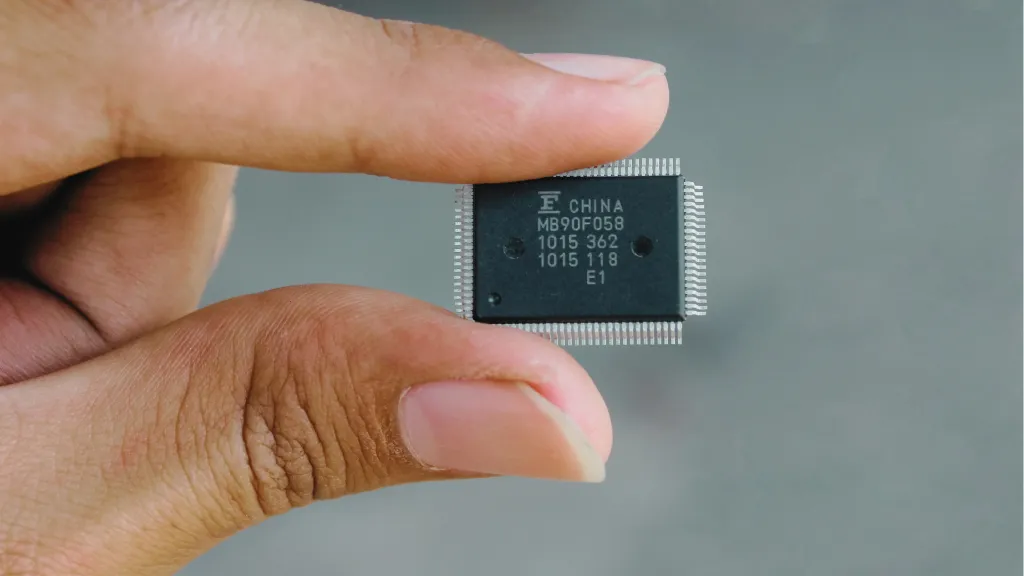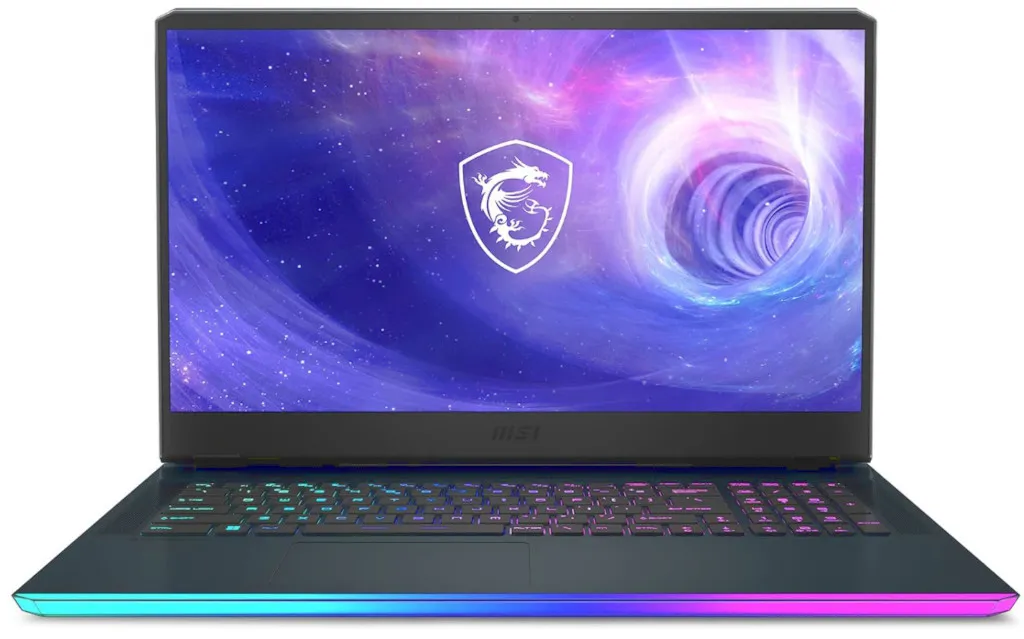Companies that major in tech usually release new versions of their products regularly. This is also the case with Intel. The new versions offer better performance and capabilities than the previous ones.
Regarding processors, two types from Intel are popular among consumers, the Intel K and the KF. Both of these processors offer great performance, but there are some differences that you should know about before deciding which one to get.
This article will help you understand the difference between these two processor types so that you can make an informed decision.
What Is Intel K Series?
The Intel K series processors from Intel are the company’s flagship products. They offer the best performance and are usually used by gamers and power users. These processors have an unlocked multiplier, so you can easily overclock them.
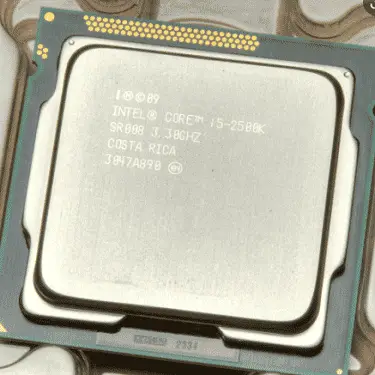
The Intel K series also has features not present in the KF series. For example, the K series processors have Intel’s Turbo Boost Max Technology 3.0. This feature allows the processor to boost its clock speed beyond the base clock speed.
The K series processors also come with Intel’s Thermal Velocity Boost technology. This feature allows the processor to temporarily boost its clock speed when the CPU temperature is low enough.
What Is Intel KF Series?
Intel KF series is the perfect option for upgrading their CPU without an integrated graphics card (iGPU). The F in KF stands for ‘no iGPU’, meaning that these processors do not have any integrated graphics.
However, while they are a bit more cost-effective by coming without an iGPU, the difference in price between regular and F-series CPUs is typically minimal. For most people, the Intel KF series can mean getting greater performance on a budget.
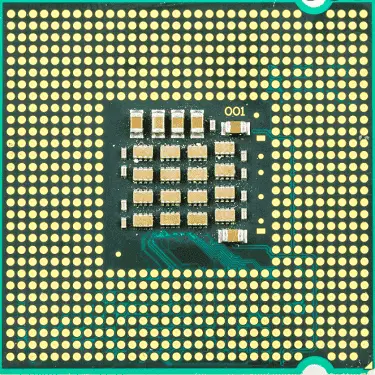
Difference Between Intel K and KF
You need to know the differences between Intel K and KF processors to decide which one is right for you.
Here are the key differences between these two processor types:
1. Price
Intel K processors are more expensive with a high processor frequency, but they offer significantly improved performance over the KF series. Intel KF processors have a higher processor frequency for demanding workloads.
The number of cores, frequency, and power consumption determine the price.
Related: Dell vs Acer: Which Brand is Better?
2. AMD compatibility
Intel K processors are compatible with AMD Socket AM2, AM3, and AM3+ sockets. Intel K processors will work with your existing AMD Cooling system, while Intel KF processors have to be cooled using the upcoming Cooler Master Hyper 212X or Gigabyte 965P.
This may be a problem for gamers and users who want the best performance.
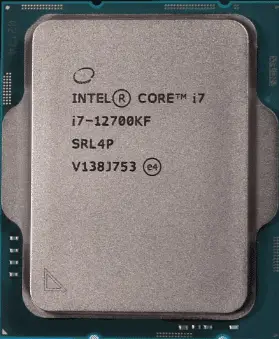
3. Chipset Support
Intel K processors support the new Intel ICH8, while KF processors are only compatible with the Intel ICH10 chipset. This may pose a problem for some older motherboard and CPU users. When you upgrade, make sure your motherboard and processor have compatible chipsets.
4. Power Management Features
Intel K processors offer the same power management features as other Intel processor types. In contrast, Intel KF processors offer more power management features that enable them to use less power when idle.
These newer CPUs are also faster under load due to increased core speeds and performance-per-watt improvements.
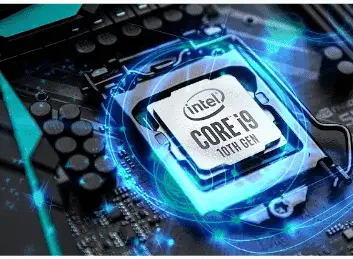
5. Single-core CPU Performance
Intel K processors offer a 25% – 100% higher single-core speed than Intel KF processors. The Intel K processor is generally more efficient in applications that don’t need extra performance.
6. Overlocking
The Intel K processor does not have an unlocked clock multiplier but offers a bus clock divider that can be manually adjusted. Intel KF processors have both an unlocked multiplier and a bus frequency multiplier. Both of these can be adjusted for overclocking performance.
7. Physical size
The Intel K processor is smaller and thinner than the Intel KF processor, but both are a fraction of the physical size of many desktop CPUs. This makes them ideal for laptops and other small form-factor devices.
The Intel KF processor is also available in a BGA package smaller than the standard Intel K processor.
8. Thermal interface material
The Intel K processor has a thermal interface with a copper heat spreader, while KF processors have thermal interfaces with solder-resistive thermal pastes. Copper heat-spreaders have better performance per watt because they cool faster, but copper conductors also generate more electromagnetic interference (EMI).
9. iGPU
Intel K processors have integrated graphics, but KF processors do not offer an on-die Intel HD Graphics IGP. This is usually better for pure CPU workloads, but a separate video card better handle more graphics-intensive tasks.
Games that don’t require many graphics horsepowers, like League of Legends or Counter-Strike: Global Offensive, will run fine on either processor.
10. Intel TXT
Intel TXT support is primarily limited to Intel KF processors because they were developed with TXT technology. The transistors in each chip are individually verified, so they can’t be modified once manufactured. This gives the KF processors a higher degree of security than the standard K processors.
The main advantage of Intel TXT is that it’s much more difficult for malware to attack a system. TXT uses a combination of hardware and software to create what’s known as a “trusted computing base.”
This means the processor can verify that the operating system and other software are legitimate before running them.
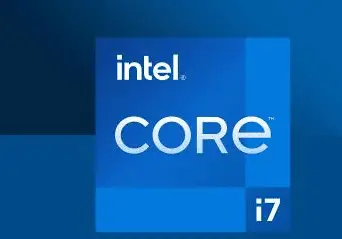
If any of the software is found to be malicious, the processor will refuse to run it. This makes it much harder for malware to infect a system, as it must find a way to bypass the TXT security measures.
11. Base Performance Score
Intel K processors have a Base Performance Score of 28.7 and a Max Performance Score of 83, while Intel KF processors have a Base Performance Score of 35.4 and a Max Performance Score of 100. This difference is due to the higher clock speeds and enhanced power management features of the KF processors.
For Intel KF processors, the extra performance is due to their unlocked multiplier, which allows for easier overclocking. However, because of increased power consumption, Intel KF processors may not be the best choice for all users. See the full review of the Intel Core i7-7700K for more details.
Intel K vs KF: Which is Better?
There are many things to consider when choosing a processor, including price, speed, and power consumption. But one of the most important factors is whether or not the processor supports overclocking.
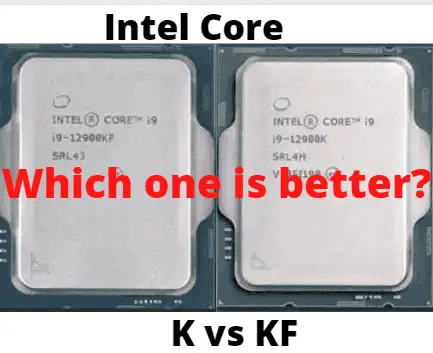
Overclocking is the process of increasing the clock speed of a CPU above its stock speed. This can be done to improve performance or to compensate for the lack of speed when running certain applications.
Intel K-Series processors are unlocked, meaning they can be overclocked. Intel KF-Series processors are locked, meaning they cannot be overclocked.
So, which is better? It depends on your needs. If you want to overclock your processor, you must choose an Intel K-Series processor. If you don’t plan to overlock, an Intel KF-Series processor will be fine.
Frequently Asked Questions
Is Intel F Series Good?
Intel’s F series processors offer some of the best performance and features, making them a great choice for gaming, content creation, and other demanding tasks. However, they are also quite expensive, so compare prices carefully before purchasing.
What is the Best Intel F Series Processor?
The Intel Core i7-9700K is the best choice for most users, offering great performance and a wide range of features. The Intel Core i9-9900K is the top-of-the-line option for those who need even more power. However, it is also much more expensive.
Is Intel K Series Good for Gaming?
Yes, the Intel K series is good for gaming. It offers high performance and can handle demanding games. The only downside is that it can be expensive. The AMD Ryzen series is also a good choice if you are looking for a cheaper alternative.
Is Intel KF Series Good for Gaming?
Yes, the Intel KF series is good for gaming. It has a powerful processor that can handle demanding games and plenty of storage space for all your gaming files. The Intel KF series has a great graphics card that will give you smooth and realistic visuals while playing your favorite games.
So, if you’re looking for a gaming laptop that can provide an excellent gaming experience, the Intel KF series is a great option.
What Does K Mean on Intel Processor?
The “K” in Intel processor nomenclature stands for “unlocked.” An unlocked processor can be overclocked; its clock speed can be increased above the stock setting. Intel processors with a “K” designation are typically used by gamers and other power users who want to eke out every last bit of performance from their CPUs.
Not all Intel processors are unlocked, however. Only certain models in Intel’s lineup are designated as “K” processors. And even within a given product line, not all SKUs (stock-keeping units) are unlocked-typically. Only a handful of high-end models are.
What Does F Mean on Intel Processor?
The F on an Intel processor stands for “fragmentation.” Fragmentation is breaking down a file or document into smaller pieces to store it more efficiently. When a file is fragmented, the processor stores the pieces on the hard drive in different locations.
This can help improve performance because the processor can access the pieces of the file more quickly.
However, fragmentation can also cause problems. If a file is too fragmented, it can take longer for the processor to access all the pieces. This can slow down your computer. You can use a program like Windows Disk Defragmenter to help reduce fragmentation and improve performance.
Can You Overclock K Series?
Yes, you can overclock K series processors. However, it is not recommended for beginners as it can be complicated and dangerous if not done properly. Overclocking can void your warranty and damage your hardware, so ensure you know what you’re doing before attempting it.
Can You Overclock F Series?
An F series processor can be overclocked, but it may not be able to reach the same speeds as other processors. It is important to check with your motherboard manufacturer to see if your particular model can be overclocked.
Many F series processors have a locked multiplier, meaning they cannot be overclocked.
If your processor does not have a locked multiplier, you may be able to overclock it by changing the front-side bus speed or increasing the voltage.
Can Overclocking Damage CPU?
Overclocking your CPU can damage it if you overclock it too much. If you overclocked your CPU and it started overheating or shut down, you overclocked it too much. You can damage your CPU by overclocking it, but only if you do it excessively.
If you will overclock your CPU, ensure you know how to do it properly and don’t overdo it.
Can Overclocking Cause Permanent Damage?
Overclocking—or running your hardware at speeds above its official speed rating—is a great way to improve your PC’s performance. But if you push things too far, you can permanently damage your hardware. In this article, we’ll talk about how overclocking can damage your PC and how you can avoid doing any permanent damage.
Overclocking can cause your PC to overheat, leading to hardware damage. If your PC gets too hot, it can damage your CPU, GPU, or motherboard. Overheating can also lead to data loss and corruption, so it’s important to be careful when overclocking.
Overclocking can also cause your PC to use more power than it normally would. This can shorten the lifespan of your components, and it can also lead to higher electric bills.
If you’re careful, you can overclock without damaging your PC. Ensure you have good cooling in your PC, and don’t push your hardware too far beyond its safe limits. If you damage your hardware, though, don’t worry—in most cases, it can be replaced.
Can Overclocking Permanently Damage GPU?
Overclocking your GPU can lead to some permanent damage, especially if you don’t know what you’re doing. Overclocking can overheat your GPU and cause it to break down over time. If you’re not careful, you could also void your warranty.
So, if you’re unsure what you’re doing, it’s best to leave overclocking to the professionals.
Conclusion
While the Intel K and KF processors share many similarities, some key differences make them ideal for different purposes. So, when deciding which is right for you, it’s important to consider your needs. You might find that one is a better overall investment than the other.

